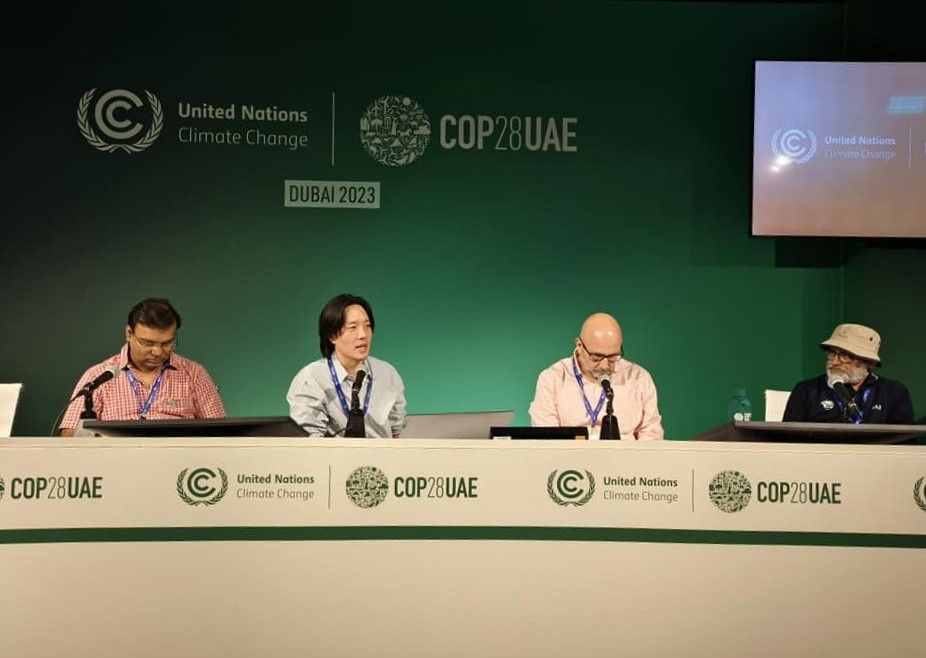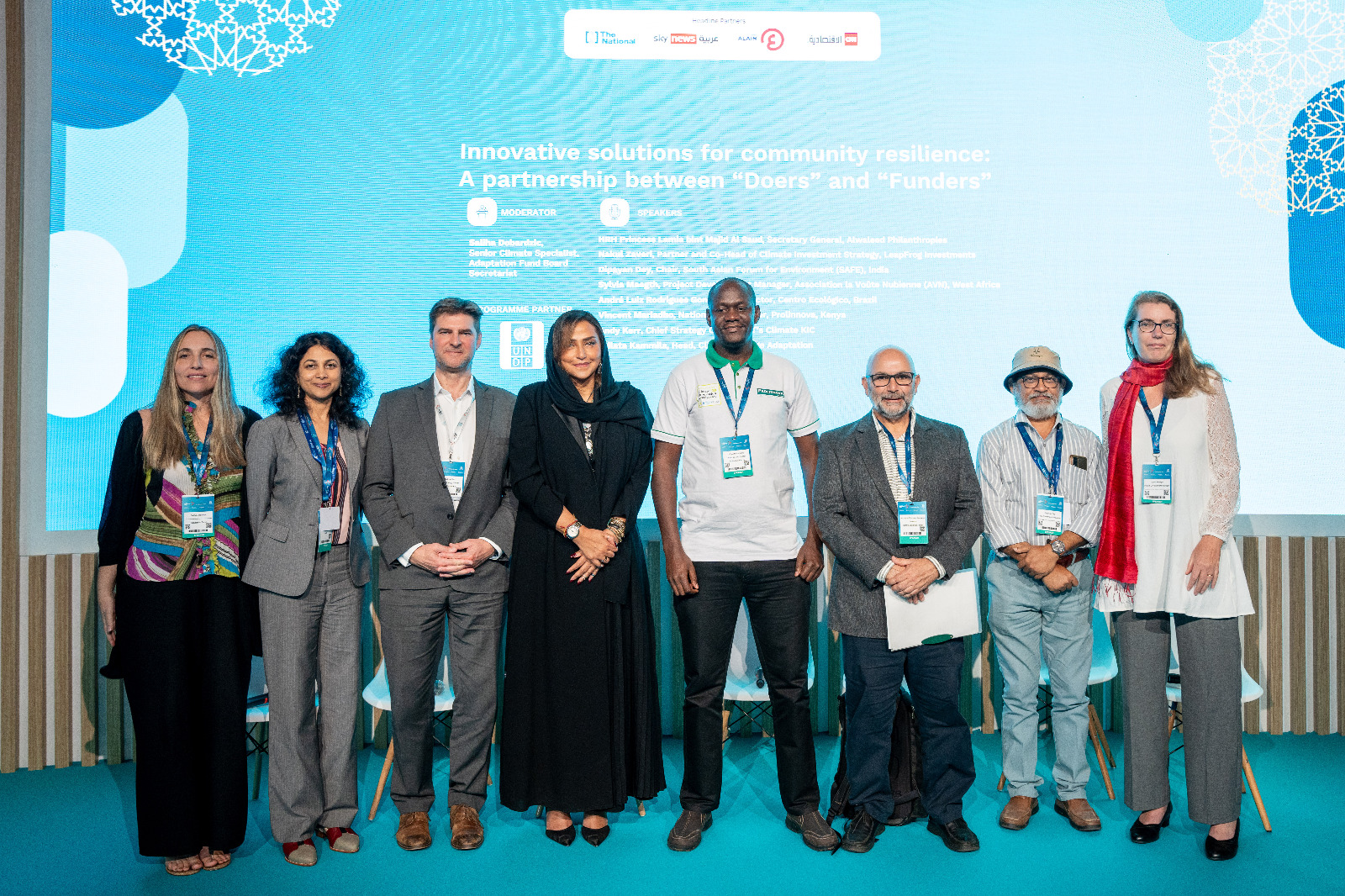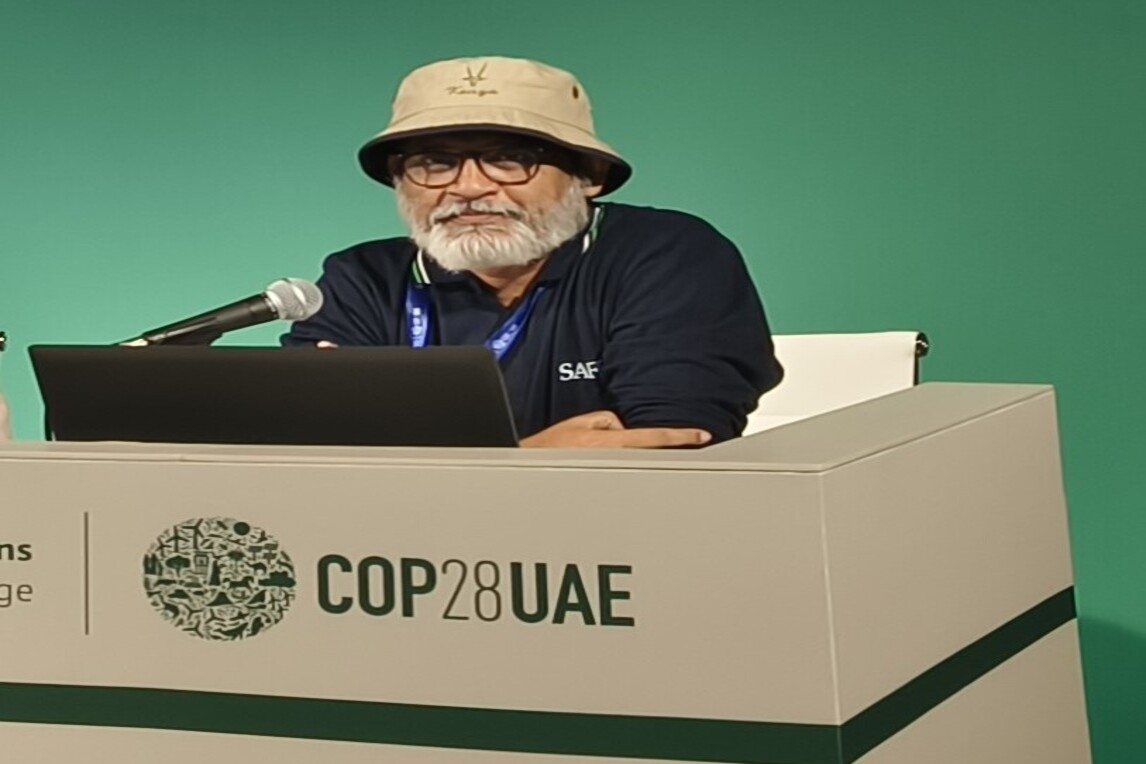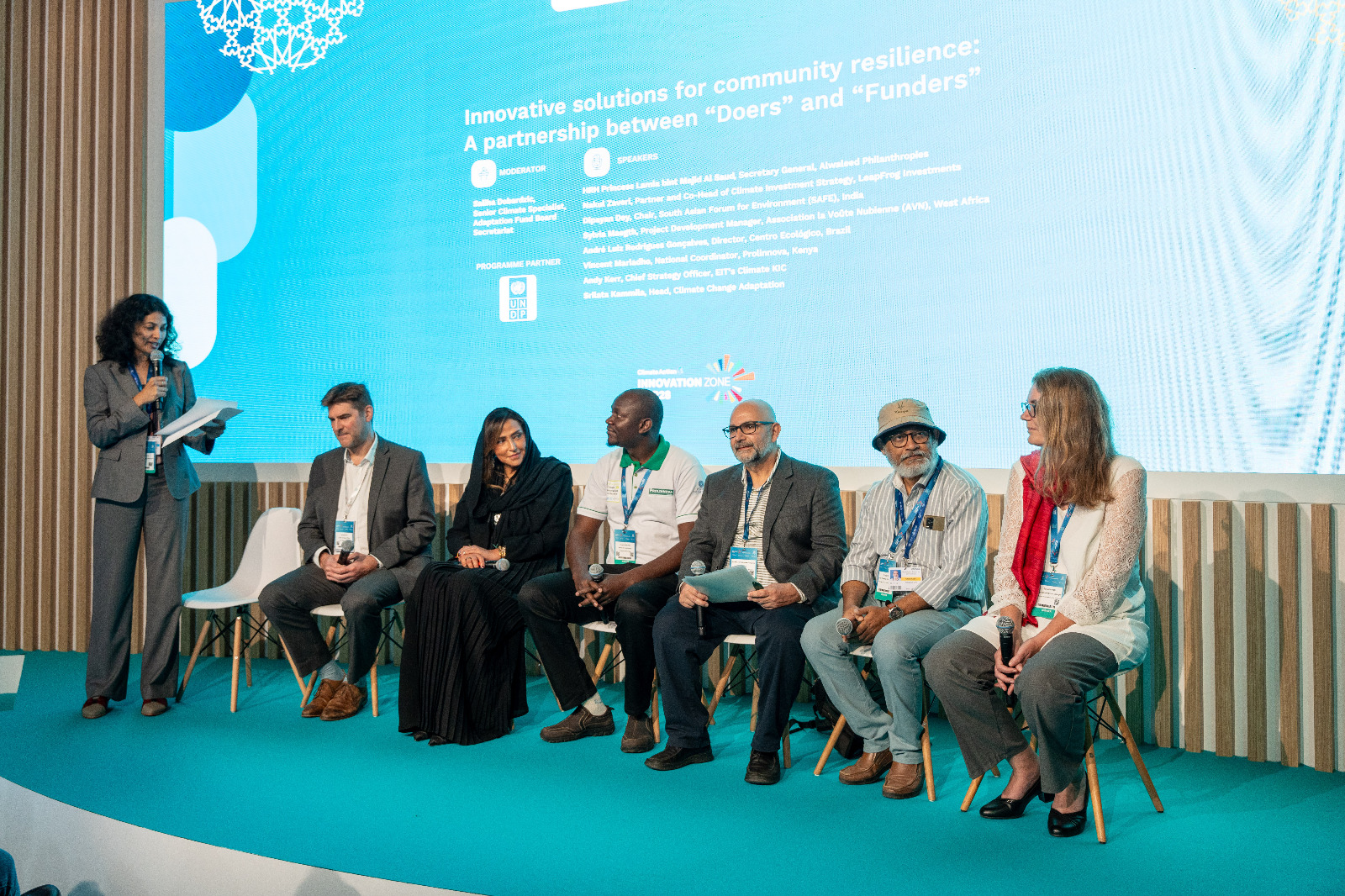
Post COP28, the climate crisis will take newer dimensions those are more of sociopolitical and socioeconomic hegemonies than environmental dominions. In this policy play, climate impacts will have a catastrophic impact on food security and livelihood of commons. A major investment in the food system is promised, but its distribution and sectoral priorities are unclear. Similarly, despite a relatively good allocation of resources for compensating losses and damages, no global standard protocol for damage assessment has fetched concurrence. In such scenario, the seed of another discrimination and hatred remains on the ground, atop the climate threat. Though sustainable intensification of whole food-system has been proposed on priority basis, the emission levels of conventional agricultural systems are also very high and contradicts strategically with the net-zero vision, when it comes to the global south. This is where innovations like regenerative farming and supply-chain decarbonisation using solar power comes into play. Innovative financing to scale out locally led adaptations or even the traditional farming practices of the indigenous communities too, are marked for adaptive mitigation. Experts did opine that the government should bring circularity in the food system. Only then can reduction of emissions and increase in production be possible together. But all the discussions stumbled on the economic barefooting. Who will give the technology? Who will pay for it? Unfortunately, this COP28 surrendered the reigns of fossil-fuel usages with the fossil-fuel producers only and COP 29 has been gifted to Azerbaijan, whose oil wells contribute 92.8% of its GDP. In the farcical consensus the most important decision that was carefully skipped was a global mandate to cut fossil-fuels. The presidency did announce a pejorative line on this as well. End of the day, this did not make any obligatory framework as it's still voluntary. Differential mandates on oil and coal are not defined yet, especially on extraction and production of the fossil-fuels. Even, no financial package for energy transition vis-a-vis green technology improvisation in global south could see the light of prudent decision making, neither could we agree on a common minimum framework for monitoring the usage and reduction of fossil fuel in various sectors. Its now a duel, but that’s between us only, while climate impacts brings closure to the apocalypse.


